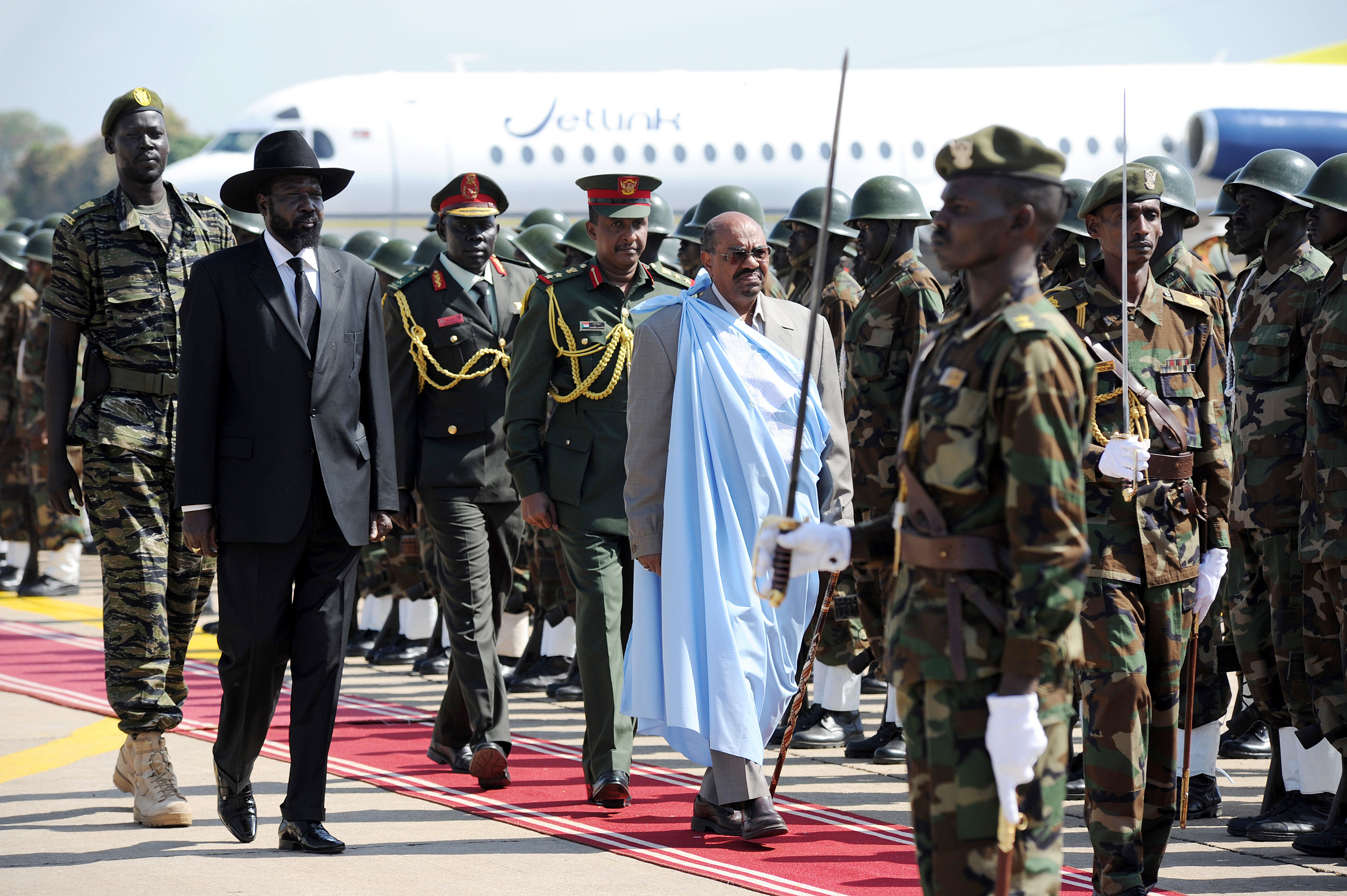
The Sudan Democracy First Group released the second issue of its monthly newsletter last week, providing analysis of the crises currently gripping the Sudans. The group, a non-profit advocacy group comprised of Sudanese activists, academics, and unionists from various ethnic backgrounds, works to push for a more democratic Sudan and to bring attention to the concerns of neglected citizens.
Highlighting the political and economic situations in the Sudans such as the oil dispute, internal dissent, and instability in the governments of Sudan, the group provides timely analysis on current events. In the latest newsletter, the authors call for a renewed,comprehensive mandate for the African Union High-Level Implementation Panel, or AUHIP. They write that the new mandate should give the AUHIP the tools to alleviate the grievances in Sudan that contribute to cross-border tension and conflicts. In addition, the group asserts that the peace process in Sudan must be broadened to include all relevant actors, including civil society, so that the national dialogue reflects the changes needed to bring lasting peace.
Khartoum’s campaign of propaganda has succeeded in silencing dissent in the National Congress Party, or NCP, and opposition in the media, they write. Such a strategy, however, will only serve to deepen ethnic tensions. Further, they state that moves by the regime to consolidate power in the armed forces and institute military tribunals for any security-related offense infringe on the opposition’s political and civic space. While opposition from Islamist leaders has been tolerated thus far, a single misstep could lead to a major crackdown. The group suggests that, in order to broaden their support, opposition groups such as the National Consensus Forces and the rebel alliance group, Sudan Revolutionary Front need to retool their political programs and public relations strategies.
The newsletter goes on to discuss regional conflicts and the relationship with South Sudan. The series of crises within South Sudan over the last few months appears, in part, to be engineered to distract from the economic and political problems in Sudan. Further, the regime’s pattern of violence is unabated.
The resurgence of violence in Darfur, labeled inter-tribal fighting by the regime, is the product of government policies designed to maintain control of the area. They write: “[T]hey are driven in reality by the government's policy of ethnic manipulation in Darfur which is meant to achieve multiple objectives for the regime: a) rewarding loyal tribes and militias by reallocating rich lands to them, and allowing militias to keep war booty b) evicting populations from ands rich in newly discovered resources, such as gold, or traditional resources, such as fertile agricultural lands, to pave the way for government control and allocation to investors; c) weakening of the ethnic base of the rebellion and of tribes reluctant to join government's war efforts in Darfur.”
Photo: Presidents Salva Kiir and Omar al-Bashir in Juba, South Sudan (UN)

